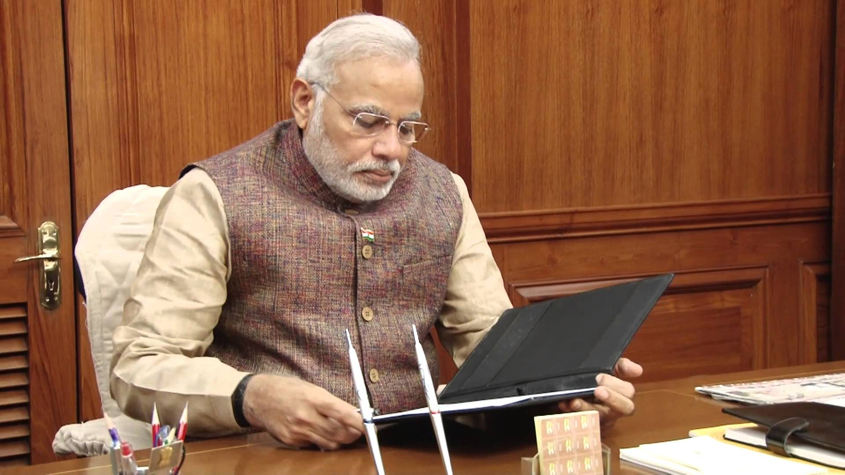The GHQ Rawalpindi-controlled ISI has used the channels available to it within the administration in India to periodically launch psy-war operations designed to bring into disrepute India’s uniformed services. An example was the report nearly five years ago of the commander of a wing of the military attempting a coup. Exaggerated descriptions were made of troop and vehicular movements, and these were portrayed as having a sinister intent. Special operations units that had been set up by the commander in question, and which were effective in identifying moles and secret agents of an enemy power, were tarnished in media reports. Interestingly, a senior minister in a previous government was responsible for persuading some media entities to carry reports about the fake coup, misleading them into carrying reports that in effect portrayed those then at the head of the military in India as being of the same cloth as their counterparts in Pakistan, who have made coups and martial law a natural accompaniment of politics in that country. Two decades ago, this same minister had, through his influence, ensured the passing of orders that greatly facilitated an expansion of narcotics production in India, ostensibly for medical reasons, but with almost no check on whether or not production was going into lawful channels or not.
Over the past two decades, as many as 37 civil servants have been the recipient of favours channelled through the politician in question. Several have been gifted properties, while others have been given funds to pay for the education of their children, or for shopping expeditions by family members in high cost locations in other countries. Any individual who crossed the politician could expect to get the attention of agencies tasked with ferreting out financial crimes in India. This was done in connivance with identifiable bureaucrats, who were smoothly herded through the promotion ladder because of the influence of the politician in question. An example was the ensuring of directorships in public sector banks to chosen individuals, who would then lobby for loans to corporate groups. The records will show many such appointments, especially from the period when Prime Minister Manmohan Singh took charge in 2004, each made with the connivance of officials close to the minister in question. The umbrella of cash and protective services provided by the hawala-narcotics industry to those who were, and remain, the business, political and official associates of the politician in question, ensured a smooth ride also for those secretly linked to the ISI, usually through entities and individuals based in Dubai, Bangkok and Kuala Lumpur.
Unlike the “live and let live” attitude of his predecessors, Prime Minister Narendra Modi has adopted a Zero Tolerance policy towards the hawala-narcotics nexus that has infected so much of business, government and politics in India. Those associated with government processes say that Modi has carefully and methodically examined the records of officials under suspicion of having links to the hawala-narcotics industry, and specifically to the politician in question, who, together with some of his family members, has been known for decades to be close to such interests. It is likely that action will follow in the most egregious of cases of favours shown to particular politicians, despite the reality of some in the administrative services being overprotective of those in their particular cadre. Officers relatively junior in age, but untainted by linkage to anti-national groups, have been identified by the PMO and marked for advancement, while care has been taken by the PM to ensure that sensitive agencies come under the control of those with a spotless record. It is regarded as certain that such attention to personnel choices will ensure the cleaning up of the administrative mechanism by 2019 that was promised by Modi during the last Lok Sabha election cycle. As for the prominent politician, who played the ISI game by smearing the leadership of the military as coup masters, neither his access to money nor his friends in business, officialdom and politics will come in the way of accountability being enforced.
Of course, the former minister’s contacts are even now working overtime to ensure that he get off the hook, worried as they are that their own links to him and by extension to the hawala-narcotics industry will get exposed. However, it is clear that Prime Minister Modi will not allow any interested person or combination of persons to intervene in his drive to ensure that administration and politics in India get cleansed of those who are or were high up in the official machinery, who are associates of ISI-run narcotics-hawala syndicates in Dubai and Bangkok especially.

